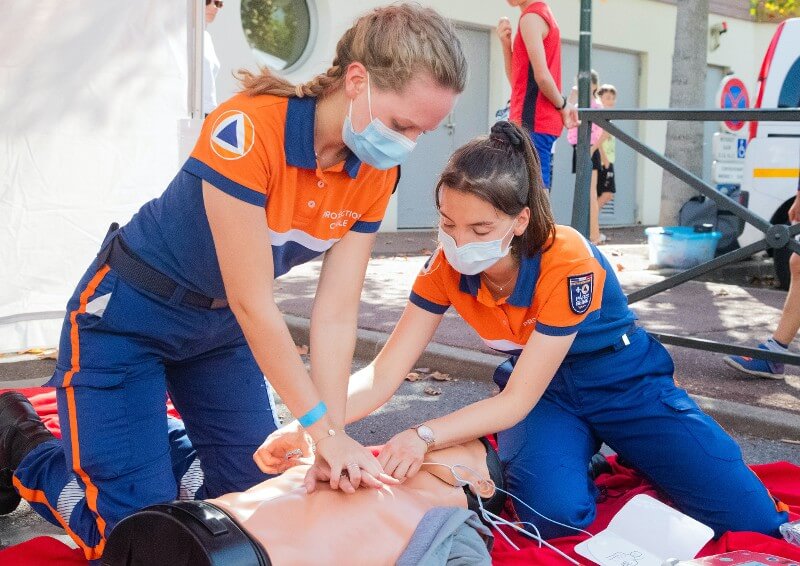New research presented at the British Cardiovascular Society conference in Manchester reveals that serious heart attacks are more likely to occur at the beginning of the workweek compared to other times.
The study, conducted by doctors from the Belfast Health and Social Care Trust and the Royal College of Surgeons in Ireland, analyzed data from 10,528 patients in Ireland who were admitted to the hospital between 2013 and 2018 with the most severe type of heart attack known as an ST-segment elevation myocardial infarction (STEMI). STEMI occurs when a major coronary artery is completely blocked.
The researchers observed a significant increase in the rates of STEMI heart attacks at the start of the workweek, with the highest rates occurring on Mondays. Surprisingly, there were also higher rates of STEMI than expected on Sundays.
Although scientists have not fully explained the reason behind this phenomenon known as “Blue Monday,” previous studies have linked the increased likelihood of heart attacks on Mondays to the body’s sleep or wake cycle, also known as the circadian rhythm.
In the UK, there are over 30,000 hospital admissions each year due to STEMI, which requires emergency assessment and treatment to minimize heart damage. Typically, emergency angioplasty, a procedure to reopen the blocked coronary artery, is performed.
Dr. Jack Laffan, a cardiologist from the Belfast Health and Social Care Trust who led the research, stated, “We’ve found a strong statistical correlation between the start of the working week and the incidence of STEMI. This has been described before but remains a curiosity. The cause is likely multifactorial, however, based on what we know from previous studies, it is reasonable to presume a circadian element.”
Professor Sir Nilesh Samani, Medical Director at the British Heart Foundation (BHF), emphasized the importance of ongoing research to understand the occurrence and causes of heart attacks, considering that someone in the UK is admitted to the hospital due to a life-threatening heart attack every five minutes. He said, “This study adds to evidence around the timing of particularly serious heart attacks, but we now need to unpick what it is about certain days of the week that makes them more likely. Doing so could help doctors better understand this deadly condition so we can save more lives in the future.”


